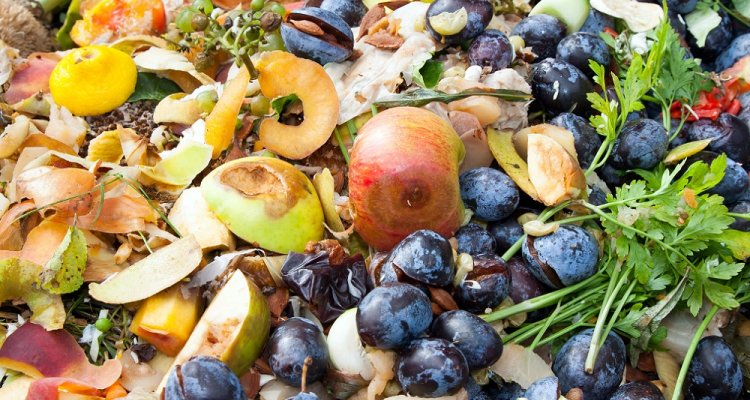
Project
Verhogen duurzaamheid voedselverwerking in de keten
One of the spearheads of MMIP D4 is to increase the sustainability of food processing in the chain from agricultural production to end product. The sustainability of food processing must be considered throughout the entire chain, starting with the activities on the farm such as sorting, washing, and storage, and (primary) food processing at different scales and locations. A sustainable food processing chain is required as part of the transition to healthy and equitable food systems and a circular economy. Currently, efforts and initiatives are booming with the intention of improving the sustainability of food processing and food chains. However, the question remains which implementations are most effective, and which main bottlenecks should be addressed to transition to increased sustainable processing at a national level.
This project focuses specifically on the actions and plans related to the sustainable processing of agricultural raw materials into food. Specifically towards preventing food waste, optimal use of raw materials and residual flows and energy and water reduction. Chain cooperation, including the role of, and relationship with, the various stakeholders involved from primary production to end product is of key interest.
Increasing the sustainability of processing in agri-food chains is challenging due to the complexity of the food system, required chain actors interaction, and necessary favorable conditions in, among others, the market- and policy domains. This project aims 1) to map the food processing landscape in the Netherlands through identifying and typifying current process chain practices, 2) to identify the bottlenecks for increasing the sustainability of food process chains, 3) to develop an assessment framework and 4) with the use of the assessment framework, identify promising solutions (social organisational, business economic, technological) for a systemic transition to sustainable food processing in the chain.
Publicaties
-
Circular AgriFood Autumn School
-
Local or long chain foods: what is the more sustainable choice? A case study on apple juice
Wageningen: Wageningen Food & Biobased Research (Rapport 2557) -
Centralized or decentralized: what is the more sustainable choice? A case study on bread
Wageningen Food & Biobased Research (Rapport Wageningen Food & Biobased Research 2671) -
Data naar impact: duurzaamheid in ketens en verwerking
Voedingsindustrie : vakblad (2025) - ISSN 2213-5758